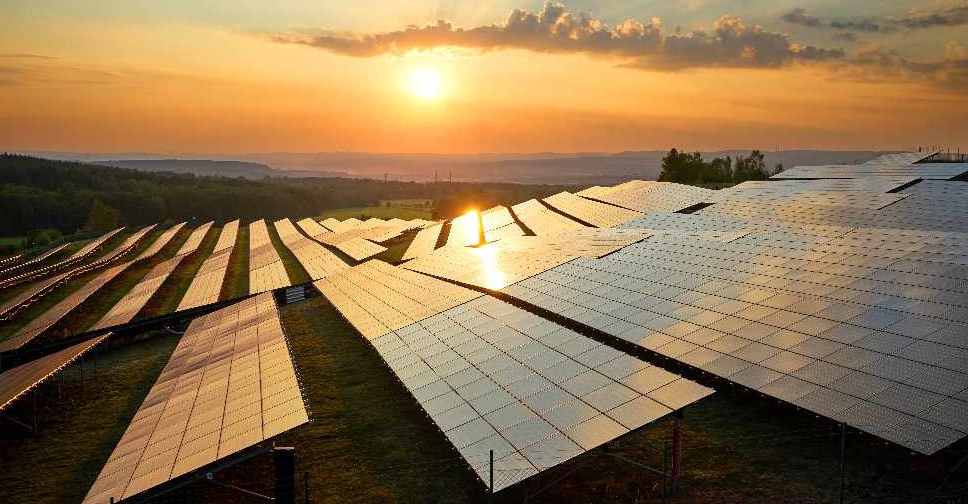
International investment in renewable energy experienced a remarkable surge, reaching an unprecedented $358 billion during the initial six months of 2023.
This marks a substantial 22 per cent increase in comparison to the corresponding period of the previous year, setting a new all-time high for any half-year span. The surge is revealed in the recently published Bloomberg 2023 Renewable Energy Investment Tracker Report, made public on August 21.
Of this substantial sum, $335 billion was allocated towards project deployment, encompassing both asset finance and small-scale solar initiatives. This figure stands as a 14 per cent surge from the same period in 2022, reflecting the ongoing momentum of the energy transition as renewable energy gains traction.
Renewable energy enterprises have achieved noteworthy accomplishments this year in raising equity to fuel their expansion. Commitments from venture capital and private equity to support the growth of renewable energy firms attained a staggering $10.4 billion during the first half of 2023, demonstrating a remarkable 25 per cent elevation compared to the initial half of 2022. Additionally, new equity raised through public markets totaled $12.7 billion in the first six months of the year, reflecting a parallel 25 per cent surge from the same period in 2022.
Notably, solar energy constituted the primary driving force behind the remarkable performance of the first half of 2023. A substantial $239 billion was invested in both large- and small-scale solar systems, encompassing two-thirds of the total global investment in renewable energy during the initial six months of the year. This staggering figure reflects a remarkable 43 per cent upswing in comparison to the same period in 2022. In stark contrast to the surge in solar investment, funding for wind power projects experienced an 8 per cent dip compared to the first half of 2022, amounting to $94 billion in the first half of 2023.
Investment in onshore wind energy has now encountered four consecutive quarters of decline. During the first half of 2023, this sector received an investment of $64.5 billion, indicating a significant 21 per cent downturn in contrast to the first half of the previous year. Grid limitations, regulatory hurdles, and wavering policy support across various markets are contributing factors to the diminishing global pipeline of projects ready for development, thereby impacting asset financing volumes.
To align with a net-zero trajectory, the pace of expenditure on renewable energy deployment – encompassing both asset finance and small-scale solar – must rise by a significant 76 per cent.




 UK's Jaguar Land Rover to halt US shipments over tariffs
UK's Jaguar Land Rover to halt US shipments over tariffs
 US starts collecting Trump's new 10% tariff
US starts collecting Trump's new 10% tariff
 Nasdaq set to confirm bear market as Trump tariffs trigger recession fears
Nasdaq set to confirm bear market as Trump tariffs trigger recession fears
 Dana Gas and Crescent Petroleum exceed 500M boe in Khor Mor field
Dana Gas and Crescent Petroleum exceed 500M boe in Khor Mor field
 China to impose tariffs of 34% on all US goods
China to impose tariffs of 34% on all US goods



